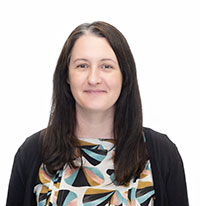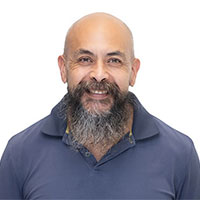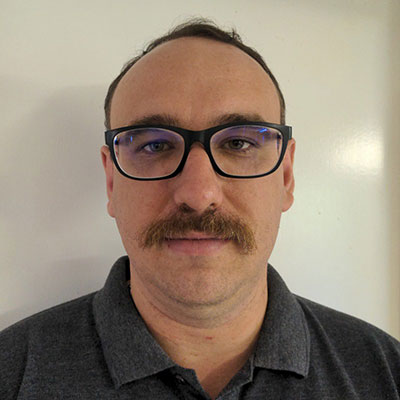 Queensland Aphasia Research Centre (QARC)
Queensland Aphasia Research Centre (QARC)
Optimising the lives of people with Aphasia
LifeCHAT: Empowering people to manage their own therapy at home
The aim of this project is to develop a new smartphone app.
The app will help people with aphasia to:
- manage their therapy
- see how they have improved.
 Our progress
Our progress
An app has been developed. The app is called AphasiaFit
It has been created to help you:
- Stay motivated at home
- Track and monitor therapy at home.
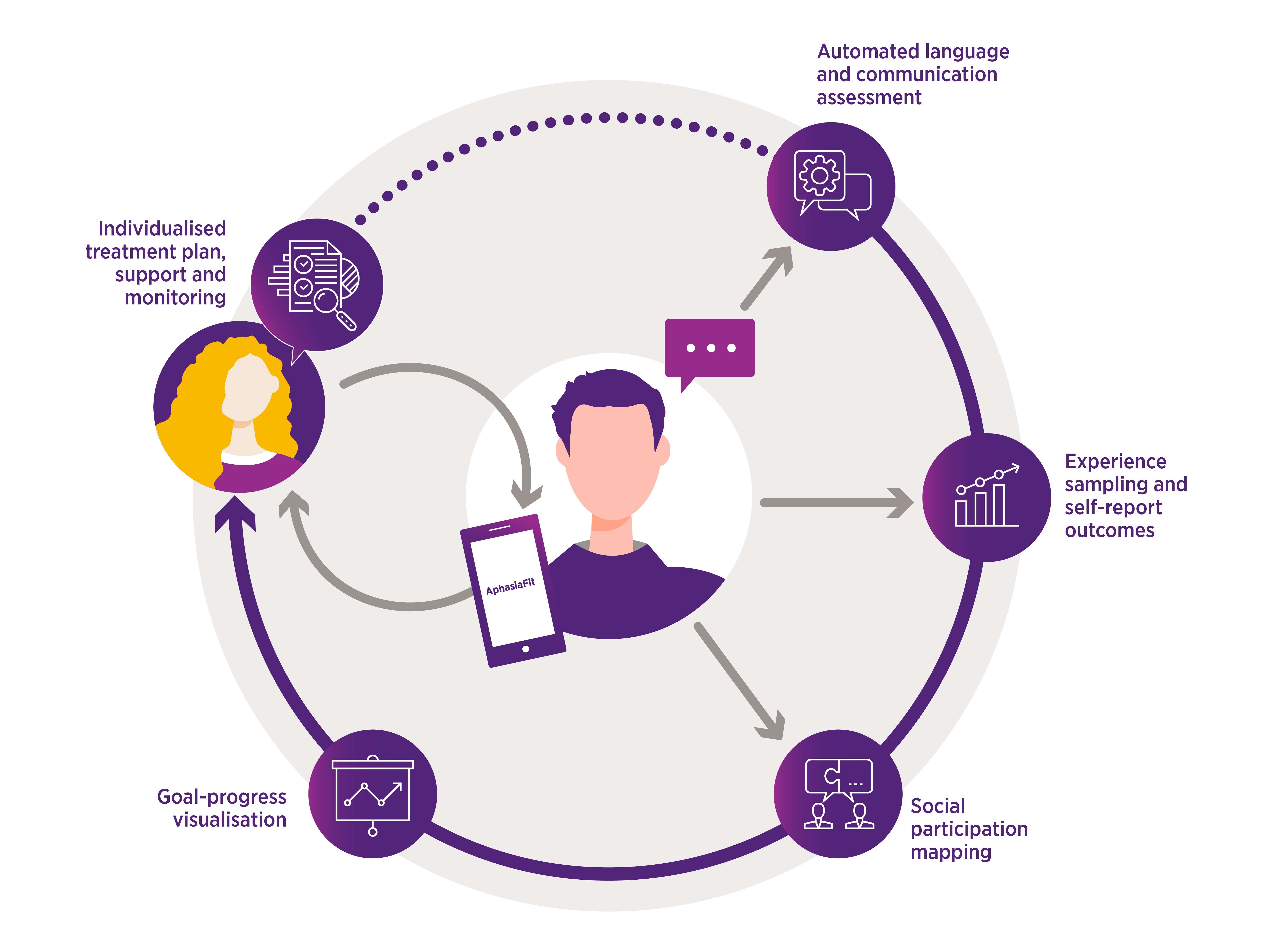 What is the LifeCHAT project?
What is the LifeCHAT project?
People with aphasia have said they want an app that can:
- Analyse language and outcomes
- Collect information about how you feel
- Track daily activities
- Show progress
- Support and monitor therapy.
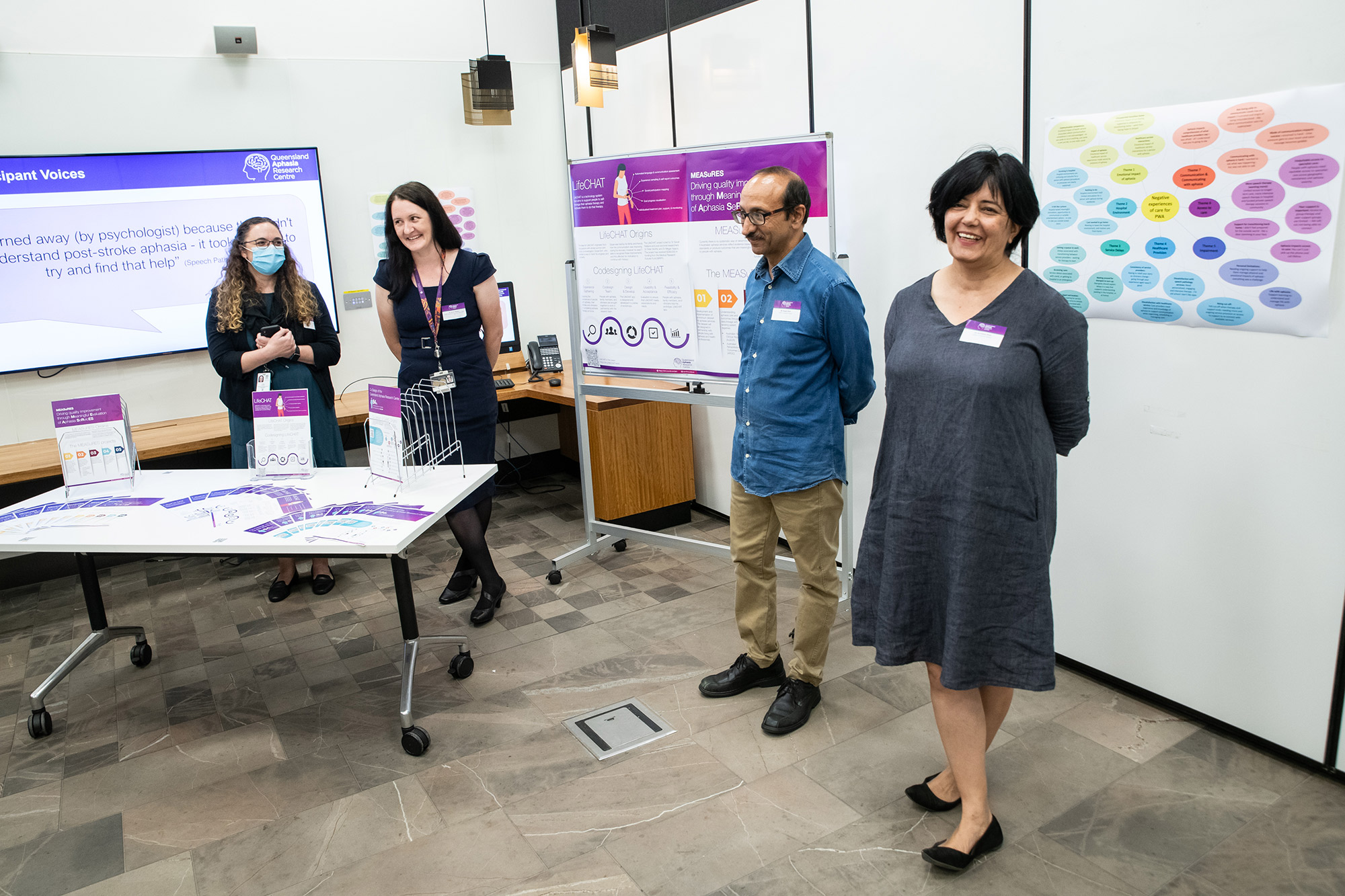 Why develop an app?
Why develop an app?
People with aphasia receive most of their therapy in hospital.
Most of this therapy happens in the first weeks and months after their stroke.
It can be difficult to:
- Keep doing enough therapy when you are back at home
- Know if you are making progress.
- Stay motivated.
It is important that the app is helpful and easy to use.
We are using co-design to develop the app.
This means that we are working in partnership with:
- People with aphasia
- Family members and carers
- Health professionals.
Aims of the project
1. To design a mobile health app with people with aphasia that:
- Gives people with aphasia access to treatment.
- Motivates people to keep up with treatment.
- Is self-managed by people with aphasia.
2. To work out if the LifeCHAT prototype can be used successfully.
Outcomes
Sarah and Gopal co-presented the project outcomes at the Australian Aphasia Association Conference.
Watch the presentation below.
More details about each study are available in the presentations below:
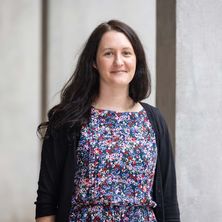 How to be involved
How to be involved
We will be recruiting people with aphasia and health professionals who provide aphasia care to trial the app.
Contact Associate Professor Sarah Wallace to learn more.
Media and awards
Partner organisations
We are grateful for the support of our partner organisations, the Australian Aphasia Association.
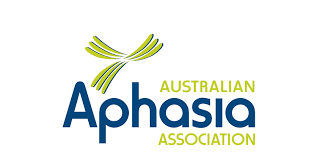
Funding and acknowledgements
This project is funded by the Medical Research Future Fund (MRFF) Cardiovascular Opportunity Grant.
Grant number MRFF2007460.
Research team
Chief investigators
- Associate Professor Sarah Wallace
- Professor David Copland
- Professor Janet Wiles
- Associate Professor Anthony Angwin
- Associate Professor Victoria Palmer
- Dr Peter Worthy
- Dr Annie Hill
- Dr Barbra Timmer
- Associate Professor Matthew Gullo
- Dr Jess Campbell
- Dr Megan Isaacs
Post doctoral Researcher
Associate investigators
- Mr Ryan Deslandes
- Ms Bridget Burton
- Mr Gopal Sinh (research partner with aphasia)
- Ms Kim Barron (research partner with aphasia)
- Mr Phill Jamieson (research partner with aphasia)
